Lung cancer research at Fred Hutch Cancer Center has led to new treatments with significantly higher survival rates than in years past.
Our work spans fundamental studies of the gene changes that drive lung cancer to large-scale population studies that seek to understand why it develops in some people but not others. We also study how noncancerous cells surrounding the tumor may influence its progression.
Lung Cancer Clinical Trials
Fred Hutch typically has over 750 active cancer clinical trials enrolling participants.
Clinical trials may allow some patients access to a promising new treatment, and help physicians and researchers learn more about a disease.
Driven to Find Out Why
McGarry Houghton, MD, is a Fred Hutch pulmonologist who oversees lung cancer research at Fred Hutch. Lung cancer rarely develops in normal lungs, he points out. People with lung diseases like chronic obstructive pulmonary disease (COPD) or emphysema are up to five times more likely to develop and die from lung cancer than people who don’t have these conditions.
“The big link in my mind is to figure out why people with chronic lung diseases are set up to get these infections and how that inflammation fuels lung cancer,” said Dr. Houghton. “This idea of studying the previous life of the lung before the lung cancer developed is something very few people do.”
Our Lung Cancer Researchers and Faculty
Our scientists and providers work together to prevent, diagnose and treat lung cancer as well as other cancers and diseases. The lab research and clinical research they do are essential parts of the scientific process that leads to new treatments and better care. Many of our lung cancer providers also do research in addition to seeing patients. Clinical trials can be a way for patients to get early access to new leading-edge therapies, too. Our research teams are running many clinical studies for people with lung cancer.
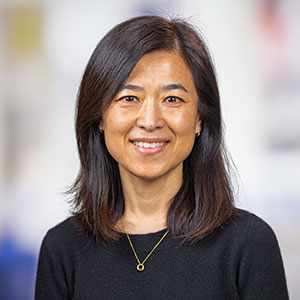
Christina Baik, MD, MPH
Christina Baik, MD, MPH
Associate Professor, Clinical Research Division, Fred Hutch
2 more appointments

Alice Berger, PhD
Alice Berger, PhD
Associate Professor, Human Biology Division, Fred Hutch
Associate Professor, Herbold Computational Biology Program, Public Health Sciences Division, Fred Hutch
1 more appointment
Lab Website
Christopher J. Cadham, PhD, MPH
Christopher J. Cadham, PhD, MPH
Assistant Professor, Cancer Prevention Program, Public Health Sciences Division, Fred Hutch
Member, Hutchinson Institute for Cancer Outcomes Research (HICOR), Fred Hutch
1 more appointment
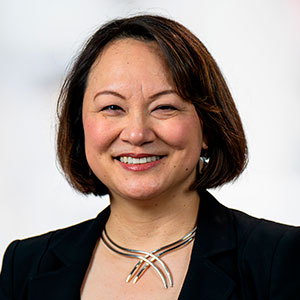
Delphine Chen, MD
Delphine Chen, MD
Professor, Clinical Research Division, Fred Hutch
Director, Molecular Imaging and Therapy, Fred Hutch
3 more appointments

Eric Collisson, MD
Eric Collisson, MD
Director, Translational Integration, Stuart and Molly Sloan Precision Oncology Institute, Fred Hutch
Professor, Human Biology Division, Fred Hutch
1 more appointment
Lab Website
Lei Deng, MD
Lei Deng, MD
Assistant Professor, Thoracic, Head and Neck Cancer Program, Clinical Research Division, Fred Hutch
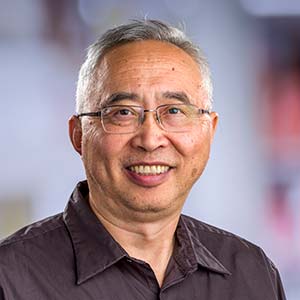
Ziding Feng, PhD
Ziding Feng, PhD
Professor, Biostatistics Program, Public Health Sciences Division, Fred Hutch
Member, Pathogen-Associated Malignancies Integrated Research Center (PAM IRC)
1 more appointment

Clemens Grassberger, PhD
Clemens Grassberger, PhD
Associate Professor, Radiation Oncology Division, Fred Hutch

Lia M. Halasz, MD
Lia M. Halasz, MD
Professor, Radiation Oncology Division, Fred Hutch
Co-Medical Director, Alvord Brain Tumor Center at UW Medical Center - Montlake and the Gamma Knife Center at UW Medical Center - Northwest
4 more appointments
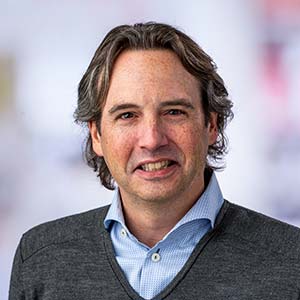
McGarry Houghton, MD
McGarry Houghton, MD
Professor, Translational Science and Therapeutics Division, Fred Hutch
Member, Immunotherapy Integrated Research Center (IIRC), Fred Hutch
4 more appointments
Lab Website
Dong-Woo Kang, PhD, CEP
Dong-Woo Kang, PhD, CEP
Assistant Professor, Epidemiology, Public Health Sciences Division, Fred Hutch
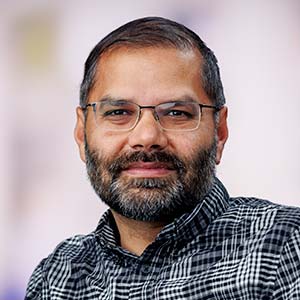
David MacPherson, PhD
David MacPherson, PhD
Professor, Human Biology Division, Fred Hutch
Professor, Public Health Sciences Division, Fred Hutch
2 more appointments
Lab Website
David G. Maloney, MD, PhD
David G. Maloney, MD, PhD
Professor Emeritus, Translational Science and Therapeutics Division, Fred Hutch
Member, Immunotherapy Integrated Research Center (IIRC), Fred Hutch
1 more appointment
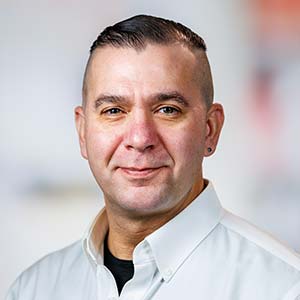
Lonnie A. Nelson, PhD
Lonnie A. Nelson, PhD
Professor, Cancer Prevention Program, Public Health Sciences Division, Fred Hutch
Faculty Lead, Indigenous Cancer Health Equity Initiative, Fred Hutch

W. Thomas Purcell, MD, MBA
W. Thomas Purcell, MD, MBA
Vice President and Chief Medical Officer, Fred Hutch
Professor, Clinical Research Division, Fred Hutch
1 more appointment
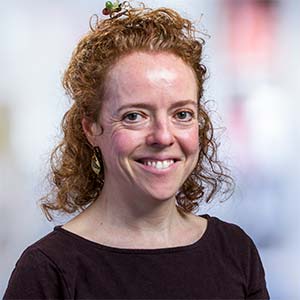
Mary Redman, PhD

Ramesh Rengan, MD, PhD
Ramesh Rengan, MD, PhD
Senior Vice President and Director, Radiation Oncology Division, Fred Hutch
Member, Immunotherapy Integrated Research Center (IIRC), Fred Hutch
3 more appointments

Cristina Rodriguez, MD
Cristina Rodriguez, MD
Professor, Clinical Research Division, Fred Hutch
Member, Pathogen-Associated Malignancies Integrated Research Center (PAM IRC)
2 more appointments

Annemarie F. Shepherd, MD
Annemarie F. Shepherd, MD
Associate Professor, Radiation Oncology Division, Fred Hutch
Medical Director, Fred Hutch Cancer Center - Proton Therapy
2 more appointments
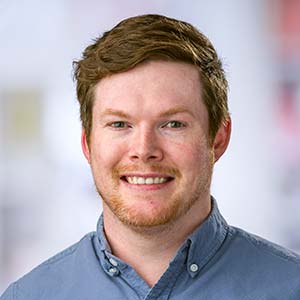
Matthew Triplette, MD, MPH
Matthew Triplette, MD, MPH
Associate Professor, Public Health Sciences Division, Fred Hutch
Associate Professor, Clinical Research Division, Fred Hutch
4 more appointments
Lab Website
Diane Tseng, MD, PhD
Diane Tseng, MD, PhD
Assistant Professor, Clinical Research Division, Fred Hutch
2 more appointments



